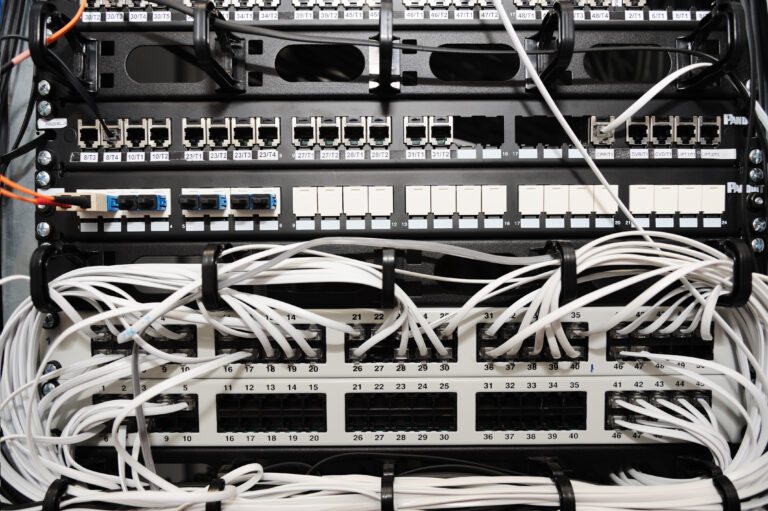Why Companies are Turning to Colocation as their Primary Data Center Solution
Companies today face a myriad of challenges when it comes to managing and storing data. With the increasing demand for high-speed internet connectivity, businesses need reliable and secure data center solutions that can support their operations. One such solution is colocation data centers. In this blog post, we will explore why companies are turning to colocation as their primary data center solution.
Introduction to Colocation Data Centers
Colocation data centers provide businesses with dedicated space in a shared facility where they can store their IT equipment and servers. These facilities offer state-of-the-art infrastructure, including power supplies, cooling systems, and security measures, which ensure that data remains safe and accessible at all times. By using colocation services, businesses can avoid the costly investment required to build and maintain their own data center while still enjoying the benefits of having complete control over their hardware and software.
The Benefits of Using Colocation Data Centers
There are several advantages to using colocation data centers. Firstly, these facilities offer scalability, allowing businesses to easily expand or contract their computing resources based on changing needs. Secondly, colocation providers typically have multiple backups in place to prevent downtime, ensuring that businesses can access their data whenever they need it. Additionally, colocation data centers often offer higher levels of security than traditional office spaces, protecting against physical threats like natural disasters, fires, and theft. Finally, colocation providers usually have skilled staff available who can assist with maintenance and troubleshooting, freeing up valuable time for businesses to focus on other important tasks.
How Remote Work and Less Corporate Real Estate Fuel the Need for Colocation Data Centers
One trend that has emerged in recent years is remote work. As more employees telecommute, there is less need for large corporate offices with extensive real estate footprints. This shift towards remote work also means that businesses require fewer physical server rooms, making colocation an attractive option. Additionally, by outsourcing data storage and management to third-party providers, businesses can reduce their carbon footprint and contribute to sustainable practices.
Choosing a Colocation Provider: What to Look For
When selecting a colocation provider, there are several factors to consider. Firstly, businesses should look for providers that offer flexible terms and pricing options, allowing them to scale up or down depending on their needs. They should also seek out providers with strong uptime guarantees and robust security protocols. It’s essential to choose a provider that offers 24/7 technical support and provides regular reports on system performance and uptime. Finally, businesses should carefully evaluate the location of the colocation facility, considering factors like proximity to major transportation hubs and potential risks associated with natural disasters.
Security Considerations When Using Colocation Data Centers
Data security is always a top concern for businesses, especially those operating in highly regulated industries like finance or healthcare. When choosing a colocation provider, businesses must ensure that the facility meets industry standards for security, including physical barriers, biometric authentication, and video surveillance. Additionally, businesses should implement additional layers of security, such as firewalls, encryption, and intrusion detection systems, to further safeguard their data from unauthorized access.
Conclusion: Why Companies are Turning to Colocation as their Primary Data Center Solution
In conclusion, colocation data centers offer numerous benefits to businesses looking for reliable, secure, and scalable data storage solutions. With remote work becoming increasingly common, there is less need for large corporate offices and expensive server rooms. Instead, businesses can leverage the expertise and infrastructure provided by colocation providers to meet their data storage and management needs. Ultimately, by partnering with reputable colocation providers, businesses can enjoy peace of mind knowing that their critical data is protected and readily available.






